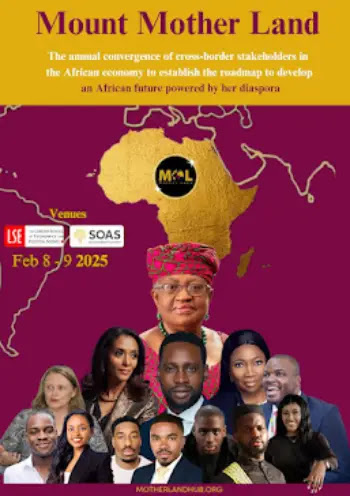U.S. President Donald Trump has intensified pressure on Ukrainian President Volodymyr Zelenskyy, suggesting that Ukraine could bring its war with Russia to a swift end if it abandons its NATO ambitions and concedes Crimea to Moscow.
In a statement posted on his Truth Social account late Sunday, Trump wrote:
“President Zelenskyy of Ukraine can end the war with Russia almost immediately, if he wants to, or he can continue to fight. No getting back Obama-given Crimea (12 years ago, without a shot being fired!), and no going into NATO by Ukraine. Some things never change!!!”
The remarks come just hours before Zelenskyy’s high-stakes meeting at the White House with Trump, followed by a broader summit involving European leaders from Britain, France, Germany, Italy, Finland, as well as NATO Secretary-General Mark Rutte and EU Commission President Ursula von der Leyen.
Diplomatic Tensions Rise
Trump’s comments have sparked fresh concerns among Western diplomats, who fear that the former president may push for a peace deal favorable to Russia—one that could undermine Ukraine’s sovereignty and reward territorial aggression.
European leaders are expected to reaffirm their support for Ukraine’s territorial integrity, while also pressing Washington for clarity on alternative security guarantees if NATO membership remains off the table.
Zelenskyy: “Russia Must Be Compelled to Real Peace”
Arriving in Washington late Sunday, Zelenskyy expressed gratitude for the talks but reaffirmed Ukraine’s resolve to defend its independence.
“I am grateful to the president of the United States for the invitation. We all equally want to end this war swiftly and reliably. I hope that our shared strength with America and with our European friends will compel Russia to real peace,” he wrote on Telegram and X.
While Trump has recently expressed frustration with Russian delays in peace negotiations, his Alaska meeting with President Vladimir Putin on Friday reportedly focused on a final peace framework rather than an immediate ceasefire.
The upcoming discussions could define the trajectory of U.S.-Ukraine-Russia relations—and the broader balance of power in Eastern Europe.
I have already arrived in Washington, tomorrow I am meeting with President Trump. Tomorrow we are also speaking with European leaders. I am grateful to @POTUS for the invitation. We all share a strong desire to end this war quickly and reliably. And peace must be lasting. Not…
— Volodymyr Zelenskyy / Володимир Зеленський (@ZelenskyyUa) August 18, 2025





































0 Comments